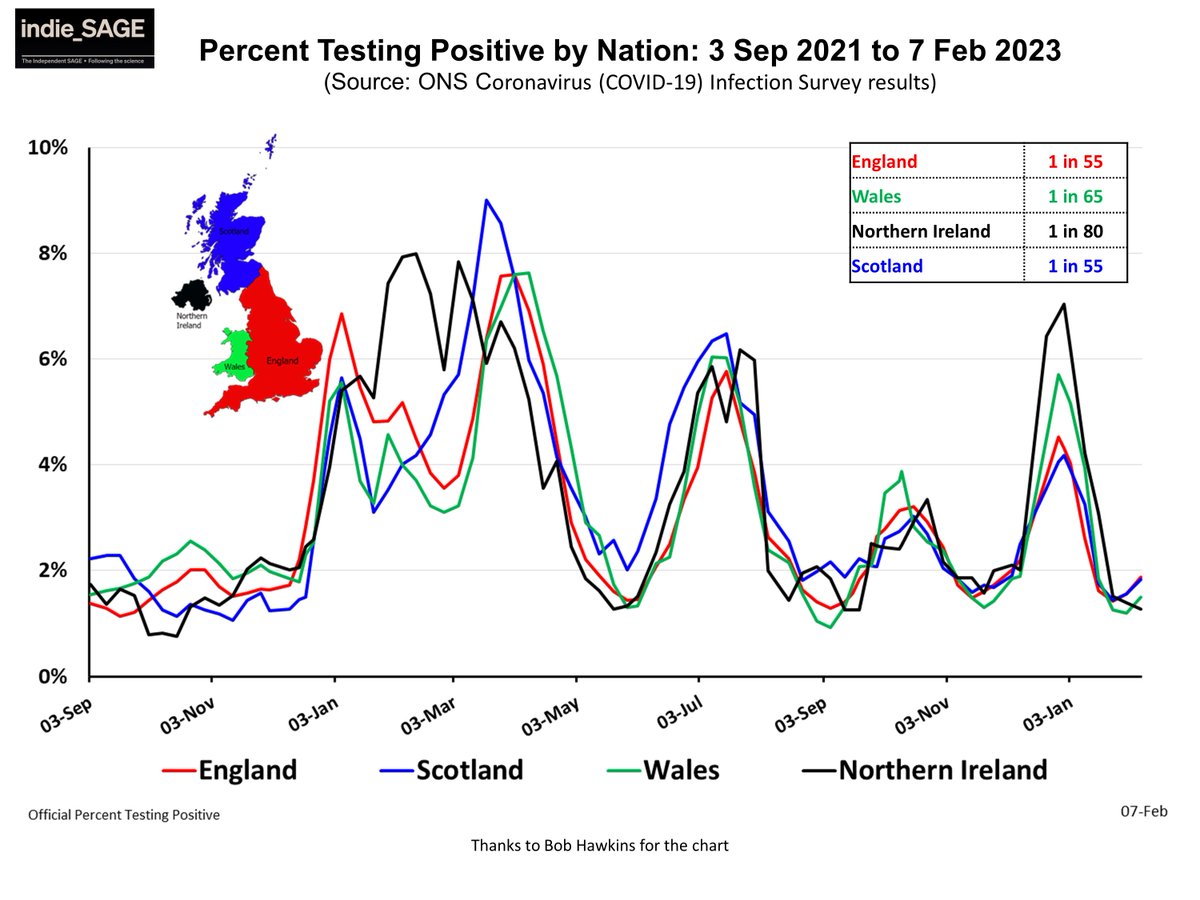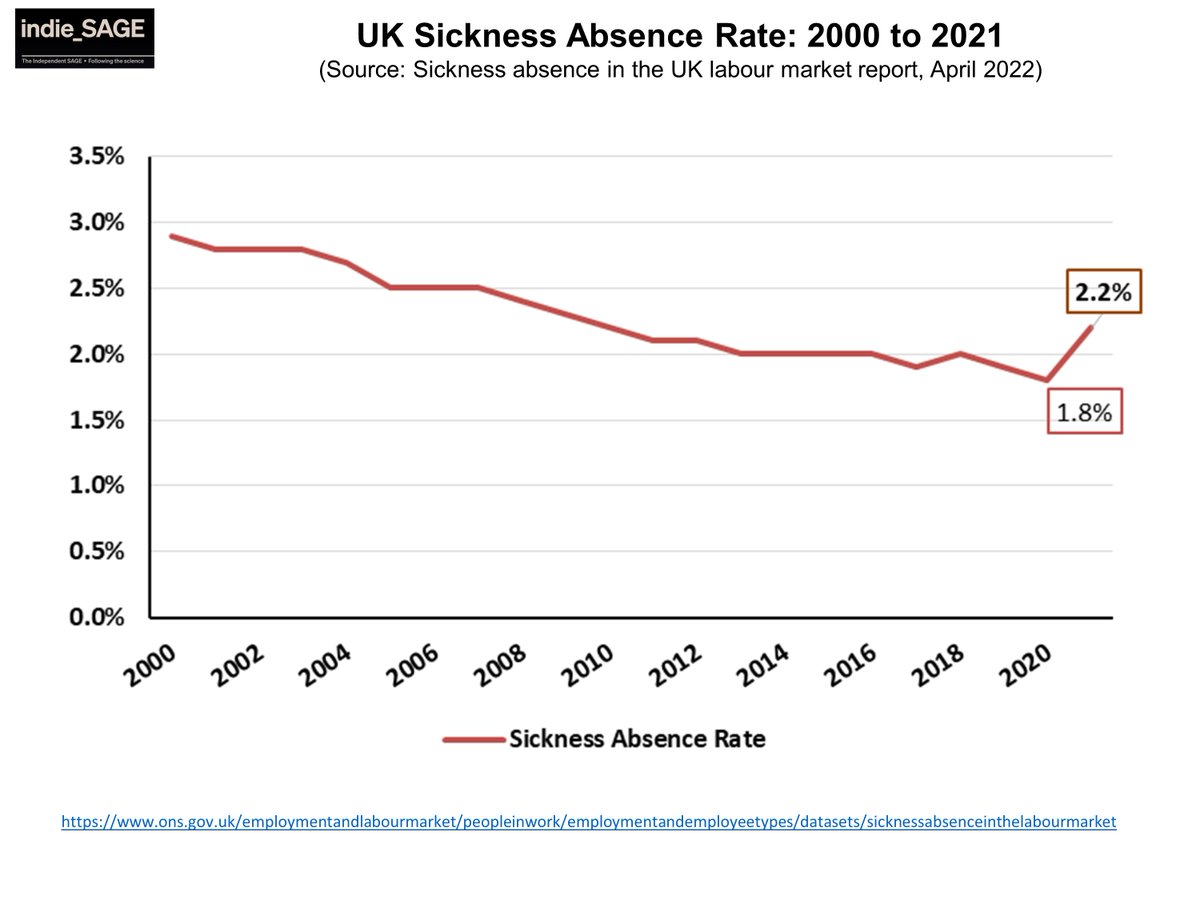
"BBC editors asked their journalists to avoid using the word “lockdown” in reporting at the start of the pandemic and to be more critical of Labour after pressure from Downing Street, leaked email and WhatsApp messages show."
#Impartiality
theguardian.com/media/2023/mar…
#Impartiality
theguardian.com/media/2023/mar…
"One email shows a senior editor informing correspondents that Downing Street was requesting them not to use the word “lockdown” in relation to the shutdown ordered by Boris Johnson on 23 March 2020 – the day the first lockdown was announced."
"In another WhatsApp message from Sunday 24 October 2021, a senior editor asked journalists to make coverage more critical of Labour after a complaint from No 10."
"Another leaked message showed the BBC shying away from a story that was potentially damaging to the then prime minister, although there is no evidence of any pressure from Downing Street."
• • •
Missing some Tweet in this thread? You can try to
force a refresh











